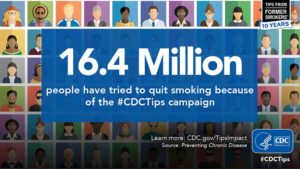Smoking and tobacco use are major threats to a person’s health. The adverse effects of smoking are clear and well-documented. Cigarette smoking harms nearly every organ in the human body and can increase the risk of more severe illness from viruses like COVID-19. Quitting smoking is important and beneficial at any age.
Across the country, Free and Charitable Clinics utilize smoking cessation programs to help educate their patients and communities on the risks associated with smoking and how to quit.
This year the NAFC partnered with the Centers for Disease Control and Prevention’s (CDC) Tips From Former Smokers® (Tips®) campaign in an effort to highlight the importance of smoking cessation.
CDC Tips From Former Smokers® (Tips®)
The CDC continued its federally funded national tobacco education campaign—Tips From Former Smokers® (Tips®)—with hard-hitting TV commercials that feature real people living with the health effects of smoking and secondhand smoke exposure. The Tips campaign also tells the personal stories of family members taking care of loved ones living with a smoking-related illness or disability, as they share the impact smoking has had on all their lives.
The campaign ads highlight the immediate and long-term damage caused by smoking and encourage people who smoke to quit. The 2022 Tips ads feature the following people:
- Tonya M. developed heart failure from smoking cigarettes and relies on a surgically implanted heart pump to keep her alive. Now Tonya’s husband and kids take care of her.
- Michael F. lives with smoking-related chronic obstructive pulmonary disease (COPD). In his new ad, Michael explains that his wife used to smoke too, but she quit so she could stay healthy enough to help take care of him.
- Rebecca C. smoked cigarettes and got Buerger’s disease, which cut off blood flow to her right foot. Only after the surgery to remove all five toes on her right foot did she fully understand how smoking could change her life.
- Geri M. smoked menthol cigarettes and now lives with COPD. Although it’s becoming harder and harder for her to breathe, Geri’s tip is to enjoy every day and never give up hope about the future.
- Asaad M. was 19 when his mother was diagnosed with colorectal cancer from smoking cigarettes, and he became her full-time caregiver. His tip for families is to find gratitude everywhere you can because nothing in life is guaranteed.
CDC launched the first Tips campaign in 2012 to lower smoking rates and save lives. CDC estimates that from 2012–2018, approximately one million people successfully quit smoking and more than 16.4 million attempted to quit because of the Tips campaign.
Unfortunately, Americans pay a high price in illnesses and deaths due to tobacco use. Even though smoking rates among adults have declined over the years—from 20.9% in 2005 to 14.0% in 2019—tobacco use still results in far too many deaths, disabilities, and smoking-related illnesses in the United States. For every person who dies because of smoking, at least 30 people live with a serious smoking-related illness.
Help for Quitting Smoking

Quitting smoking now improves your health and reduces your risk of heart disease, cancer, lung disease, and other smoking-related illnesses. Making the decision to quit smoking is the first step. There is a wide range of resources to help along the way.
The CDC offers a wide range of resources available at https://cdc.gov/quit – from tips on developing a plan, information on quit-smoking medicines, social support, and more.
Free support is available by calling 1-800-QUIT-NOW for FREE (1-800-784-8669). This hotline is also available in Spanish: 1-855-DÉJELO-YA (1-855-335-3569), Mandarin and Cantonese: 1-800-838-8917, Korean: 1-800-556-5564, and Vietnamese: 1-800-778-8440.
A national texting portal is available which connects adults (18 years of age and older) in the United States with mobile text message-based support to help them quit smoking. Simply text QUITNOW to 333888.*Message and data rates may apply.
The quitSTART app is a free smartphone app that helps you quit smoking with tailored tips, inspiration, and challenges.
MedlinePlus notes that you can learn more about local smoking cessation programs through your employer, health insurance plan, your doctor or local hospital, or your local health department.
The American Lung Association also offers phone and online advice for those looking to quit smoking. The American Lung Association also offers local Freedom from Smoking® clinics throughout the nation, which you can find using their locator tool.
NAFC’s Commitment to Smoking Cessation
The NAFC is dedicated to building healthy communities. We are proud to partner with the CDC Tips From Former Smokers® (Tips®) campaign in their efforts to end smoking addiction.
NAFC members can leverage these ads by using CDC’s campaign free tools, materials, and resources in your patient interactions and, in doing so, providing motivation to quit. For more information about the Tips campaign and resources for quitting smoking, visit CDC.gov/tips.
To learn more about the NAFC’s commitment to smoking cessation, please visit our website and contact us today.
